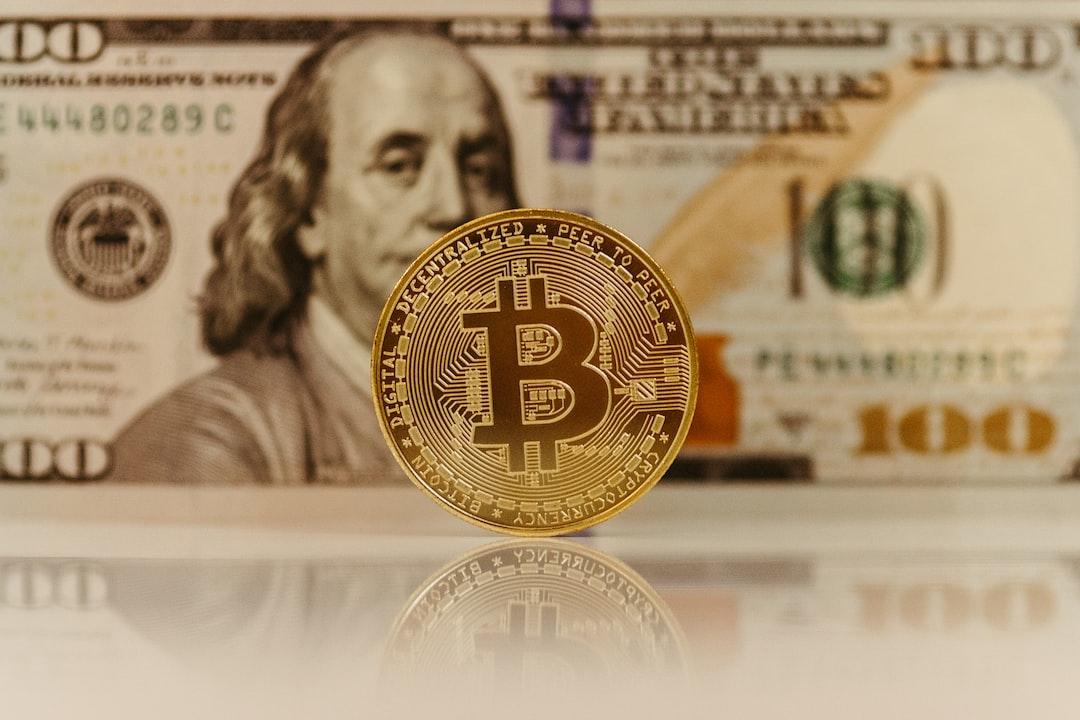On May 16, 2024, the United States Senate made a significant decision by passing a Congressional Review Act (CRA) to review the Securities and Exchange Commission (SEC) Staff Accounting Bulletin No. 121 (SAB 121). The vote, with 60 to 38 votes in favor, was an exceptional achievement for the U.S. Congress. This bipartisan vote showed that 51 Democrats supported the bill, marking the first time that a standalone crypto legislation was passed in Congress. However, before the House of Representatives could vote on the bill, President Biden threatened to veto it if there was an attempt to overturn the SEC policy.
The White House expressed strong opposition to the efforts of the House of Representatives to disrupt the SEC’s measures aimed at protecting investors in the crypto-asset markets and safeguarding the broader financial system. Nonetheless, it is uncertain whether President Biden will follow through with the veto threat, especially considering the growing support for the crypto bill from both Democrats and even Presidential candidate Donald Trump, who has shown a pro-crypto stance. It is worth noting that many threatened vetoes in previous administrations were never carried out, so the threat alone does not guarantee a veto.
The passing of H.J.Res. 109 with such solid support was seen as a significant milestone by Perianne Boring, the Founder and CEO of the blockchain trade association Digital Chamber. She pointed out that the controversy surrounding SAB 121 led 21 Democratic Senators to break rank and support the bill, resulting in a total of 12 Democratic Senators voting in favor. Boring highlighted the importance of Chuck Schumer’s support, considering his position as the Senate majority leader. She believes that Schumer’s support could compel the White House to reconsider its strategy and position on crypto, indicating that the tides are turning in Washington.
Apart from the political sphere, the Biden administration may also face pressure from the crypto community and the banking sector. The American Bankers Association has openly urged President Biden to sign the resolution into law to protect American consumers. The banking sector has a vested interest in offering custody services for cryptocurrencies, as they seek to benefit from the ongoing retail crypto adoption.
Now, the ball is in the court of the White House. President Biden has a complex decision to make regarding whether or not to veto H.J.Res. 109. He must weigh the potential risks of opening an inner conflict within his party against the importance of SAB 121 for the SEC. Furthermore, Biden has the option of “pocket vetoing” the bill if Congress is not in session to receive it. This strategic move could help him avoid political backlash.
President Biden may also take into account Donald Trump’s apparent shift towards a favorable crypto regulation stance. Trump’s changing strategy, from being anti-Bitcoin to positioning himself as the pro-crypto candidate, could influence Biden’s decision. If President Biden does choose to veto H.J.Res. 109, Congress could attempt to override the veto with a two-thirds majority vote in both chambers.
Alternatively, the SEC itself could resolve Biden’s dilemma by revoking SAB 121. This would eliminate the need for Biden to veto the bill. Republican Wiley Nickel believes that SEC President Gary Gensler has the power to end the political controversy surrounding the SEC’s cryptocurrency regulation measure.
There has also been criticism of SAB 121 within the regulatory agency itself. Commissioner Hester Pierce expressed her concerns at the Blockchain Summit, stating that she feels “bad” about the policy. Pierce highlighted the feedback received by the SEC, which argues that SAB 121 is ineffective and discourages potential participants from entering the industry.
SAB 121 requires listed companies, including banks, to record crypto assets as both assets and liabilities on their balance sheets. Many lawmakers and industry leaders have criticized this measure, claiming that it hampers innovation and goes against the conventional treatment of assets under custody. Pierce believes that it is positive that Congress is addressing crypto regulatory issues and hopes that major policy changes will go through proper regulatory and legislative processes.
Ultimately, the SEC holds the power in this situation, and the next move is up to them. President Biden must carefully consider his options and the potential consequences before making a decision on H.J.Res. 109.

